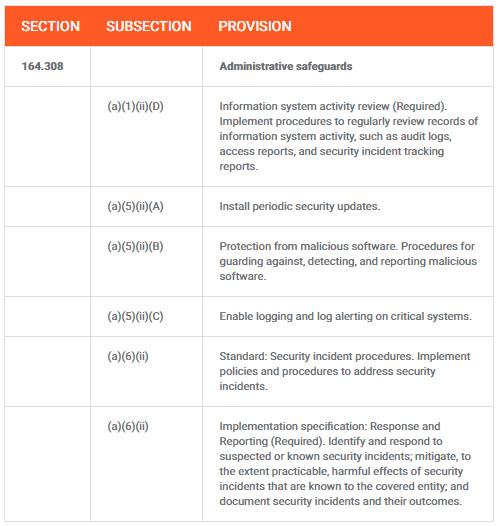HIPAA Compliant Solutions for Mobile Devices
What Key Questions Do Healthcare CSOs Need To Answer Regarding Mobile Security & HIPAA
HIPAA (Health Insurance Portability and Accountability Act of 1996) is the United States legislation that provides data privacy and security provisions for safeguarding medical information. HIPAA includes very specific requirements for protecting endpoint devices.
As the global leader in mobile security, Zimperium is uniquely positioned to provide insights into the intersection of HIPAA and mobile. The key questions Zimperium’s team most often encounters are the following:

What Are HIPAA’s Endpoint Security Requirements?
In order to meet the HIPAA requirements for secure endpoints, and help ensure texts, messages, emails and files are protected, healthcare organizations must implement the following to protect their endpoints:
What Is A HIPAA Endpoint?
Traditionally, “endpoints” meant servers, desktops and laptops, but now healthcare organizations know that mobile devices must be included in the definition… and must be protected. In fact, the National Cybersecurity Center of Excellence noted that “patient information collected, stored, processed, and transmitted on mobile devices is especially vulnerable to attack.” This applies to HIPAA-related texts, messages and other content, whether stored on the device or sent to and from it.


How can mobile devices be protected?
To protect mobile devices of healthcare providers and staff against device, network, phishing and malicious application threats, healthcare organizations should implement a mobile threat defense (MTD) solution like Zimperium MTD. Zimperium MTD provides persistent, on-device protection for mobile devices and data in a manner analogous to next-generation antivirus on traditional endpoints. As such, it automatically addresses the HIPAA endpoint requirements listed above.
Mobile apps containing and processing patient data must be secured against attacks as well, even on patient-owned devices. Zimperium has a solution for that use case too, Zimperium zDefend.